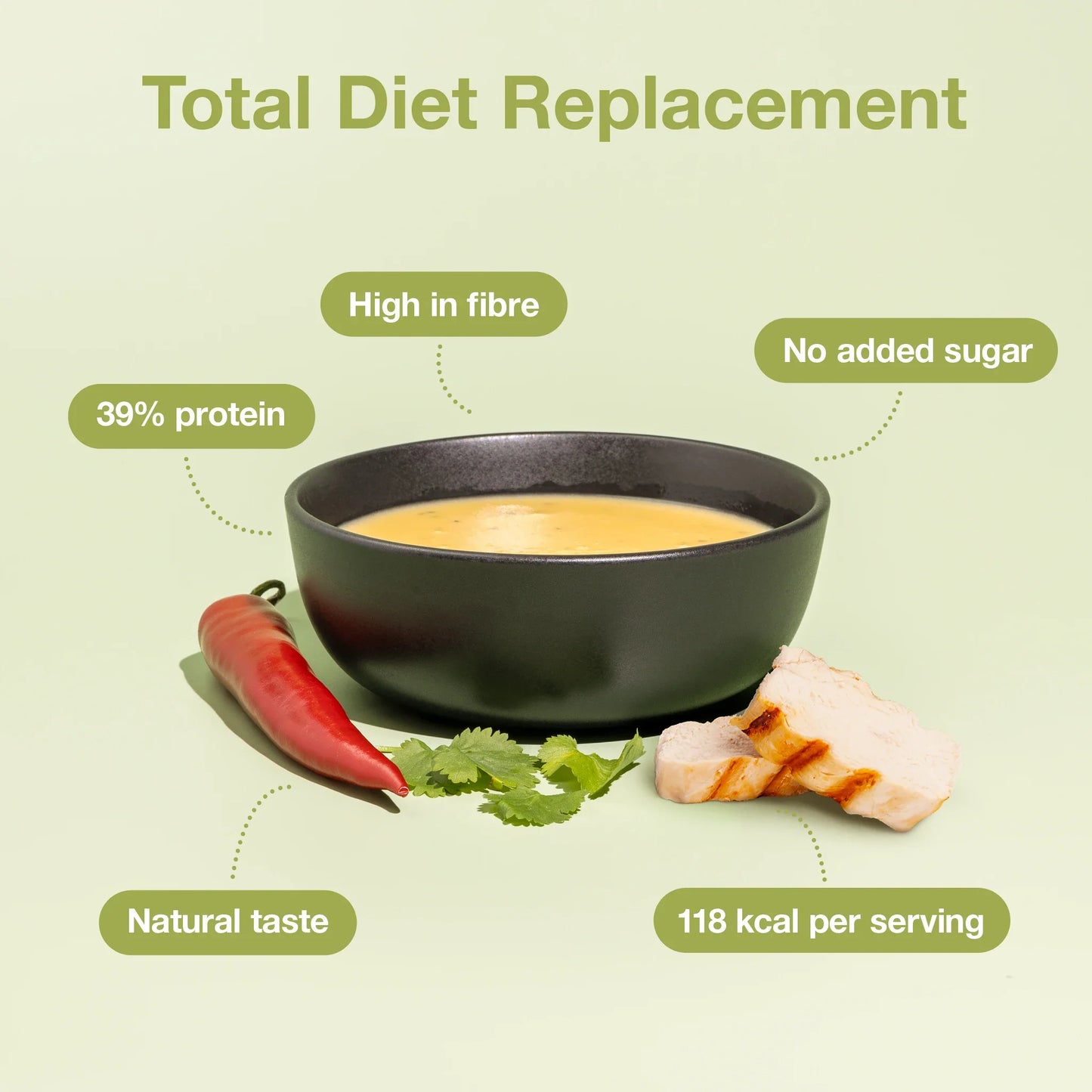
Calculate your BMI
There can be several good reasons to do something about your weight. Many people often have a desire to lose weight because of the way they look, but in the case of a decidedly overweight (BMI≥25), there is especially good reason to do something about the extra pounds.
What is BMI?
Obesity occurs with a positive energy balance, where energy intake exceeds energy consumption over a longer period. There are several methods to assess whether a person is overweight. Body Mass Index (BMI) is one of them. If your BMI is above 25, you are described as overweight. In the chart below you can see the divisions for BMI. BMI is, however, an objective measure of the degree of overweight, because it does not say anything about how much of the weight is fat and muscle. Muscles weighs more than fat. Subsequently, if you are well-trained and are very muscular, you will have a high BMI – without being overweight. For that reason, your waist measurement is often a much better expression of whether you should lose weight or not.
A BMI over 25 and a waist measurement over 88 cm for women and 102 cm for men increase the risk of developing lifestyle diseases. Weight loss is the most efficient method of reducing your waistline and thus the risk of developing lifestyle diseases. In the chart below, you can see the relationship between waist measurements and the degree of risk of lifestyle diseases. If you want to lose weight and reduce the risk of developing lifestyle diseases, your energy intake must be less than your energy consumption, so that you are in energy deficit. The body is ingenious, because if you eat and drink too much, the extra energy is converted into fat, which is stored in the body’s fat depots for later use. In our time and in our part of the world, however, it is not so ingenious, because we never need the extra fat deposits and over the years many will get used to eating a little too much every day, which will result in overweight, which over time can lead to obesity.
Read more about your BMI
BMI 0-18.4
Your BMI shows that you are underweight. We recommend that you contact your physician for advice and guidance regarding your weight. Many people do not know that it is unhealthy to be underweight, but to be healthy it is important that you have a healthy body weight.
BMI 18.5-25
Your BMI shows that you are normal weight. We do not recommend that you lose weight or start a diet. The best thing for you is to continue eating healthy and varied and maintain your active lifestyle. If you experience many days where you eat too much or make too many unhealthy food choices, you can instead try meal replacements to maintain your weight.
BMI 25.1-30
Your BMI shows that you are overweight. If your BMI is higher than 27, the risks of obesity-related health problems are also higher. However, to assess your health, it will be appropriate to use several different measures. If you are a woman with a waist measurement over 88 cm, or a man with a waist measurement over 102 cm, you have an increased risk of lifestyle diseases. It is important that you do not increase your weight further, but instead try to decrease your weight. A good way to lose weight is by trying a VLCD diet. VLCD stands for Very Low Calorie Diet and means that you get a limited number of calories in a limited period of time. The Nupo Diet can give you a fast, safe and effective weight loss, which is also clinically proven.
BMI> 30
If your BMI is 30 or higher, you are overweight. You have an increased risk of developing diseases such as high blood pressure, lipid disorders, cardiovascular diseases, and type 2 diabetes. The Nupo Diet can help you achieve weight loss and therefore improve your BMI. However, we recommend that you contact your physician for advice and guidance regarding your weight.

Diétna Polievka Pikantné Thajské kura, 12 porcií, 384g






Nupo Diet
-
 Vyprodáno
VyprodánoTaster Pack Diet
Běžná cena €26,95Běžná cenaJednotková cena za€26,99Výprodejová cena €26,95Vyprodáno
